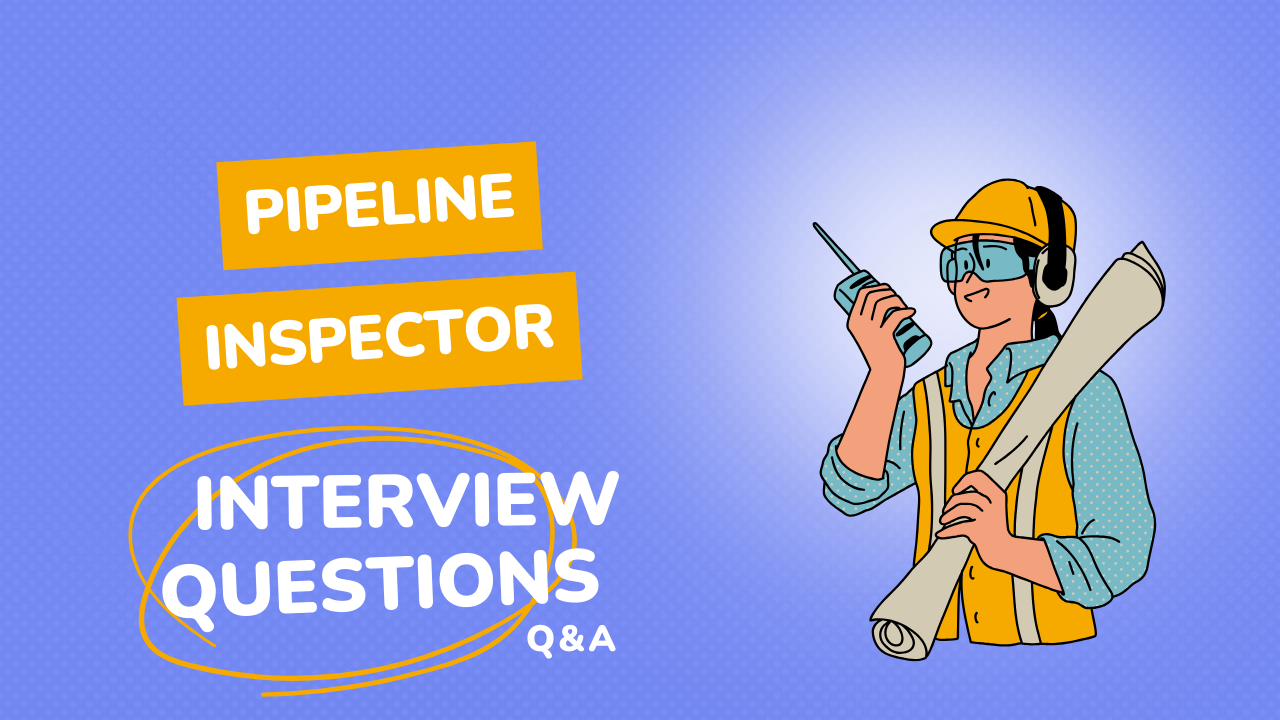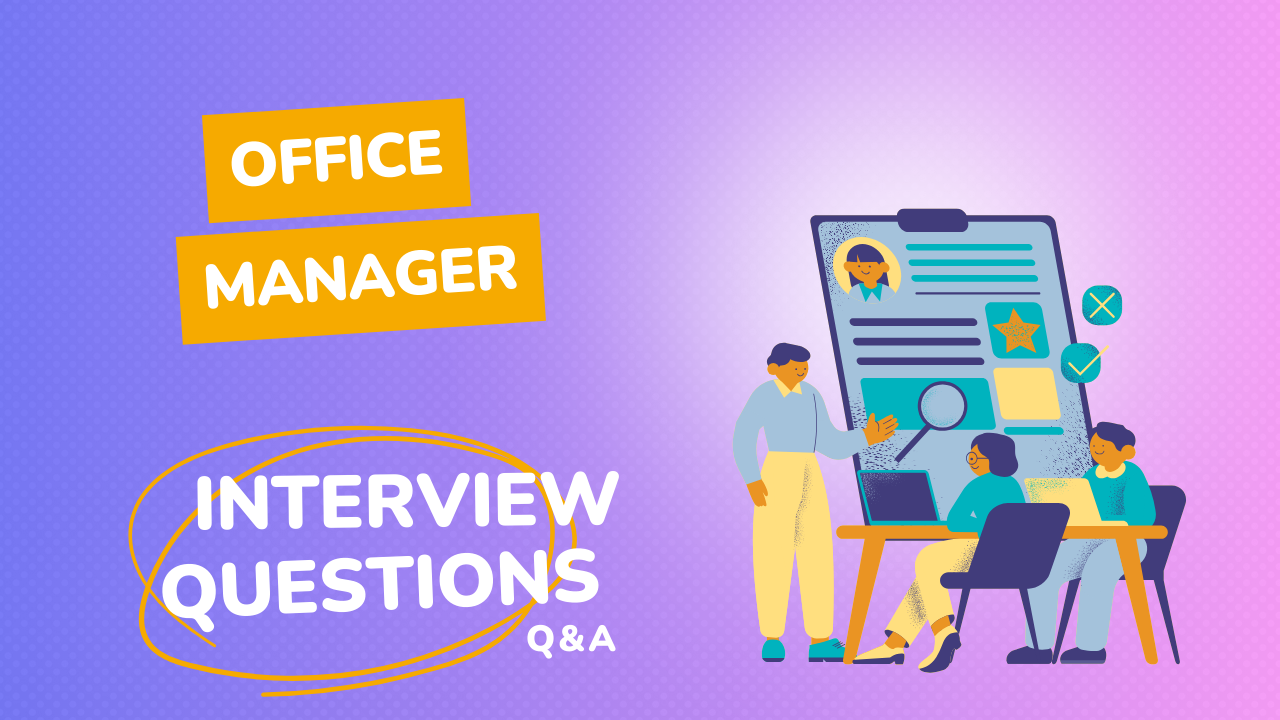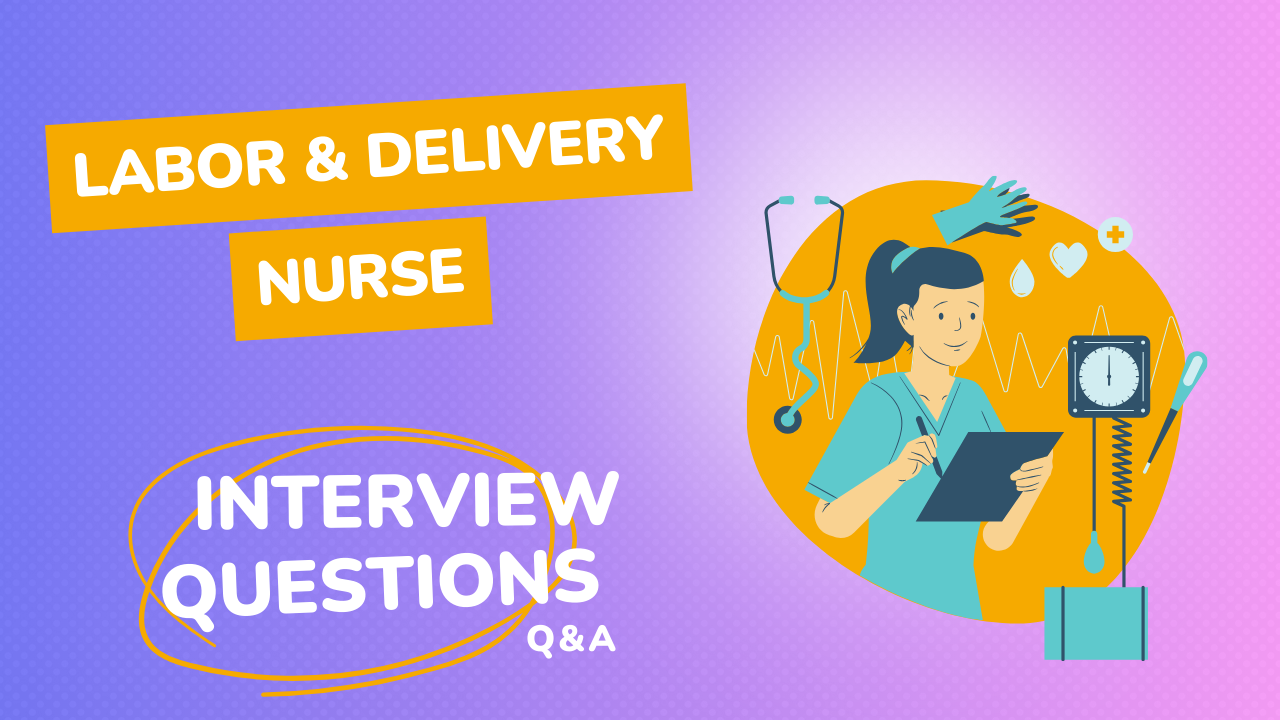Blog Detail

How to Crack Manager interview in UK – Q&A with Examples
Jul 27, 2024
How to Crack Manager interview in UK – Q&A with Examples
Introduction
Managerial roles are pivotal in organizations across industries, serving as the linchpin between the workforce and the company's goals. In the competitive job market of the United Kingdom, excelling in manager interviews requires a combination of preparedness, insight, and professionalism. This comprehensive guide aims to equip aspiring managers with the knowledge and strategies needed to ace their interviews and secure coveted positions in the UK job market.
Understanding the UK Managerial Landscape
Before delving into interview strategies, it's essential to grasp the nuances of the UK managerial landscape. In the UK, managerial roles span various sectors, including finance, healthcare, technology, retail, and more. Each sector has its own set of requirements, expectations, and corporate cultures that influence the interview process.
Key Components of Managerial Interviews
1. Research and Preparation
- Company Research: Understand the company's values, mission, recent projects, and market position.
- Role Analysis: Comprehend the specific requirements, responsibilities, and expectations of the managerial position.
- Industry Trends: Stay abreast of industry trends, challenges, and innovations relevant to the company's sector.
2. Mastering Common Interview Questions
- Behavioural Questions: Prepare responses using the STAR (Situation, Task, Action, Result) technique for questions about past experiences and achievements.
- Technical Questions: Anticipate inquiries related to industry-specific knowledge, managerial techniques, and problem-solving skills.
- Situational Questions: Be ready to address hypothetical scenarios to demonstrate your decision-making prowess and leadership abilities.
3. Showcasing Leadership and Management Skills
- Communication: Articulate your ideas clearly, listen actively, and demonstrate effective interpersonal skills.
- Team Management: Highlight your experience in motivating, delegating, and empowering team members to achieve collective goals.
- Problem-Solving: Showcase your ability to identify challenges, develop strategic solutions, and adapt to changing circumstances.
- Decision-Making: Illustrate your approach to making informed, timely decisions under pressure, considering risks and potential outcomes.
4. Cultural Fit and Personal Branding
- Company Culture Alignment: Emphasize your alignment with the company's values, culture, and long-term objectives.
- Personal Branding: Present yourself authentically, highlighting your unique strengths, experiences, and contributions.
- Professionalism: Demonstrate integrity, reliability, and a commitment to excellence throughout the interview process.
Navigating Managerial Interview Challenges
1. Addressing Skills and Experience Gaps
- Upskilling: Proactively seek opportunities to enhance your skills, knowledge, and credentials through training, certifications, and professional development programs.
- Transferable Skills: Emphasize transferable skills and experiences from previous roles that are applicable to the managerial position.
2. Handling Stress and Nervousness
- Pre-Interview Preparation: Practice mindfulness techniques, deep breathing exercises, and positive visualization to manage stress and boost confidence.
- Mock Interviews: Seek feedback from mentors, peers, or career coaches through mock interviews to identify areas for improvement and build self-assurance.
3. Overcoming Cultural and Linguistic Barriers
- Language Proficiency: Hone your English language skills, particularly if English is not your first language, to ensure clear communication and comprehension during the interview.
- Cultural Awareness: Familiarize yourself with British workplace culture, etiquette, and communication norms to navigate cultural differences effectively.
What Managers should highlight in Interview?
Managers should highlight a range of key attributes, experiences, and skills during their interviews to demonstrate their suitability for the role. Here are some crucial elements that managers should emphasize:
1. Leadership Abilities:
- Vision and Strategy: Managers should articulate a clear vision for their team or department and demonstrate the ability to develop and execute strategic plans.
- Team Building: Highlight experiences of building and nurturing high-performing teams, fostering collaboration, and promoting a positive work culture.
- Motivation and Empowerment: Showcase examples of motivating and empowering team members to achieve their full potential and drive organizational success.
2. Communication Skills:
- Effective Communication: Illustrate strong verbal and written communication skills, including the ability to convey complex ideas clearly and succinctly.
- Active Listening: Emphasize the importance of active listening and seeking feedback to foster open communication channels within the team.
- Conflict Resolution: Describe strategies for resolving conflicts and facilitating constructive dialogue among team members to maintain a harmonious work environment.
3. Problem-Solving and Decision-Making:
- Analytical Skills: Discuss experiences of analyzing data, identifying trends, and making data-driven decisions to address business challenges.
- Critical Thinking: Highlight instances of critical thinking and problem-solving, including the ability to evaluate multiple perspectives and explore innovative solutions.
- Risk Management: Showcase the capacity to assess risks, anticipate potential obstacles, and develop contingency plans to mitigate adverse impacts on project timelines and outcomes.
4. Adaptability and Flexibility:
- Change Management: Illustrate experiences of navigating organizational change, adapting to evolving market conditions, and leading teams through transitions effectively.
- Resilience: Emphasize resilience in the face of setbacks, demonstrating the ability to remain composed, resourceful, and solution-oriented during challenging situations.
- Continuous Learning: Express a commitment to personal and professional development, including a willingness to embrace new technologies, methodologies, and best practices to stay relevant in a dynamic business environment.
5. Results and Achievements:
- Quantifiable Achievements: Provide concrete examples of measurable outcomes and achievements in previous managerial roles, such as improvements in productivity, cost savings, revenue growth, or customer satisfaction.
- Recognition and Awards: Highlight any industry recognition, awards, or commendations received for outstanding leadership, team performance, or project excellence.
- Career Progression: Discuss career progression and advancement, emphasizing a track record of success and a demonstrated capacity for taking on increasing levels of responsibility and leadership.
6. Cultural Fit and Alignment:
- Values and Ethics: Emphasize alignment with the company's values, mission, and corporate culture, demonstrating integrity, honesty, and a commitment to ethical conduct.
- Collaborative Mindset: Express a collaborative mindset and a willingness to work closely with colleagues, stakeholders, and cross-functional teams to achieve shared objectives.
- Long-Term Commitment: Convey genuine enthusiasm for the role and the organization, expressing a desire to make a meaningful contribution and build a long-term career within the company.
20+ Common Interview Questions for Manager and their Answers with Examples
Certainly! Here are 25 common interview questions for manager positions in the UK, along with sample answers:
1. Can you tell us about your management style?
Sample Answer: "I would describe my management style as collaborative and empowering. I believe in fostering a culture of open communication, where team members feel valued and supported. I provide clear direction and expectations while encouraging autonomy and innovation."
2. How do you handle conflict within your team?
Sample Answer: "I address conflicts proactively by facilitating open dialogue and active listening. I aim to understand each party's perspective and work towards finding mutually beneficial solutions. If necessary, I mediate discussions and provide guidance to resolve conflicts constructively."
3. How do you prioritize tasks and manage time effectively?
Sample Answer: "I prioritize tasks based on urgency, importance, and impact on organizational goals. I use tools such as time-blocking and prioritization matrices to allocate resources efficiently. Additionally, I delegate responsibilities where appropriate to optimize productivity."
4. Can you provide an example of a successful project you managed?
Sample Answer: "In my previous role, I spearheaded a cross-functional project to streamline our supply chain processes. By implementing lean principles and fostering collaboration between departments, we reduced lead times by 20% and achieved cost savings of £500,000 annually."
5. How do you motivate your team during challenging times?
Sample Answer: "During challenging times, I emphasize transparency and provide regular updates to keep the team informed. I recognize individual and collective efforts, offer support and encouragement, and reinforce the importance of our shared goals to maintain morale and motivation."
6. Describe a time when you had to make a difficult decision.
Sample Answer: "In a previous role, I had to make a tough decision to restructure our team to align with changing business needs. After careful analysis and consultation with stakeholders, I developed a plan that minimized disruptions, retained key talent, and positioned the team for future success."
7. How do you handle underperforming team members?
Sample Answer: "I believe in providing constructive feedback and offering support to help underperforming team members improve. I establish clear performance expectations, offer training and development opportunities, and implement performance improvement plans when necessary, always with the goal of fostering growth and accountability."
8. How do you stay updated with industry trends and best practices?
Sample Answer: "I stay updated with industry trends and best practices by attending conferences, participating in professional development programs, and engaging with industry forums and publications. I also encourage knowledge sharing within my team and foster a culture of continuous learning."
9. Can you discuss a time when you had to lead a team through change?
Sample Answer: "During a company-wide restructuring, I led my team through a period of change by providing clear communication, empathetic support, and opportunities for involvement in the decision-making process. By fostering a sense of ownership and resilience, we successfully navigated the transition and emerged stronger as a team."
10. How do you handle high-pressure situations?
Sample Answer: "I thrive in high-pressure situations by maintaining composure, focusing on priorities, and collaborating with stakeholders to develop effective solutions. I leverage my problem-solving skills, seek input from team members, and remain adaptable to navigate challenges and achieve optimal outcomes."
11. Can you share an example of a time when you successfully resolved a customer complaint?
Sample Answer: "In a previous role, I received a customer complaint regarding a delayed delivery. I immediately contacted the customer, apologized for the inconvenience, and offered a partial refund as a goodwill gesture. I then implemented process improvements to prevent similar issues in the future and followed up with the customer to ensure satisfaction."
12. How do you promote diversity and inclusion within your team?
Sample Answer: "I promote diversity and inclusion within my team by fostering a culture of respect, equity, and belonging. I actively seek diverse perspectives, celebrate individual differences, and create opportunities for all team members to contribute and thrive, regardless of background or identity."
13. How do you handle competing priorities and tight deadlines?
Sample Answer: "I prioritize tasks based on strategic importance and resource availability, ensuring alignment with organizational goals. I communicate expectations clearly, set realistic deadlines, and collaborate with stakeholders to allocate resources effectively. If necessary, I renegotiate deadlines or delegate tasks to manage workload efficiently."
14. Can you discuss a time when you had to delegate effectively?
Sample Answer: "In a previous role, I delegated responsibility for a major client presentation to a junior team member. I provided clear instructions, set expectations, and offered guidance throughout the process. The presentation was well-received, and the team member gained valuable experience and confidence in their abilities."
15. How do you foster a culture of innovation within your team?
Sample Answer: "I foster a culture of innovation by encouraging creativity, experimentation, and knowledge sharing within my team. I provide opportunities for brainstorming, reward initiative, and create a safe space for taking calculated risks and learning from failure."
16. Can you discuss a time when you had to deliver difficult feedback to a colleague?
Sample Answer: "I had to deliver difficult feedback to a colleague regarding their performance during a project. I approached the conversation with empathy and constructive criticism, focusing on specific behaviours and opportunities for improvement. I also offered support and resources to help the colleague succeed in their role."
17. How do you ensure alignment between your team's objectives and the organization's goals?
Sample Answer: "I ensure alignment between my team's objectives and the organization's goals by establishing clear expectations, fostering open communication, and regularly reviewing progress and milestones. I encourage team members to understand the broader context of their work and how it contributes to the company's strategic vision."
18. Can you share an example of a time when you had to negotiate with stakeholders?
Sample Answer: "In a previous role, I negotiated a vendor contract to secure more favourable terms for our company. I conducted thorough research, identified key negotiation points, and built rapport with the vendor to reach a mutually beneficial agreement that resulted in cost savings and improved service quality."
19. How do you promote professional development within your team?
Sample Answer: "I promote professional development within my team by conducting regular performance reviews, identifying strengths and areas for growth, and creating individualized development plans. I encourage ongoing learning, provide access to training resources, and support career advancement opportunities within the organization."
20. Can you discuss a time when you had to lead a team through a crisis?
Sample Answer: "During a crisis situation, such as a cybersecurity breach, I led my team by prioritizing communication, coordinating response efforts, and mitigating risks to minimize impact on operations and customer trust. I remained calm under pressure, provided guidance, and mobilized resources to address the situation swiftly and effectively."
21. How do you ensure effective communication within your team?
Sample Answer: "I ensure effective communication within my team by establishing clear channels of communication, such as regular team meetings, email updates, and collaboration tools. I encourage open dialogue, active listening, and transparency to foster trust and alignment towards common goals."
22. Can you share an example of a time when you had to lead by example?
Sample Answer: "During a challenging project deadline, I led by example by rolling up my sleeves and working alongside my team members to meet deliverables. I demonstrated commitment, resilience, and a willingness to support others, inspiring a sense of camaraderie and shared responsibility within the team."
23. How do you handle performance reviews and feedback sessions?
Sample Answer: "I conduct performance reviews and feedback sessions regularly to provide constructive feedback, recognize achievements, and identify areas for improvement. I create a supportive environment for open dialogue, set SMART (Specific, Measurable, Achievable, Relevant, Time-bound) goals, and offer guidance and resources to help team members succeed."
24. Can you discuss a time when you had to adapt to a change in organizational strategy?
Sample Answer: "In a previous role, I had to adapt to a change in organizational strategy due to shifting market dynamics. I communicated the rationale behind the change to my team, solicited feedback, and mobilized resources to realign our priorities and initiatives accordingly. By embracing flexibility and agility, we successfully navigated the transition and achieved our strategic objectives."
25. How do you foster teamwork and collaboration within your department?
Sample Answer: "I foster teamwork and collaboration within my department by promoting a shared sense of purpose, celebrating collective achievements, and creating opportunities for cross-functional collaboration. I encourage open communication, mutual respect, and a spirit of cooperation to leverage diverse perspectives and strengths towards common goals."
These sample answers can serve as a framework for managers preparing for interviews, allowing them to articulate their experiences, skills, and leadership approach effectively to prospective employers in the UK. It's essential to tailor your Manager resume to specific job requirements and company culture while demonstrating authenticity, professionalism, and a genuine passion for leadership and team development.









